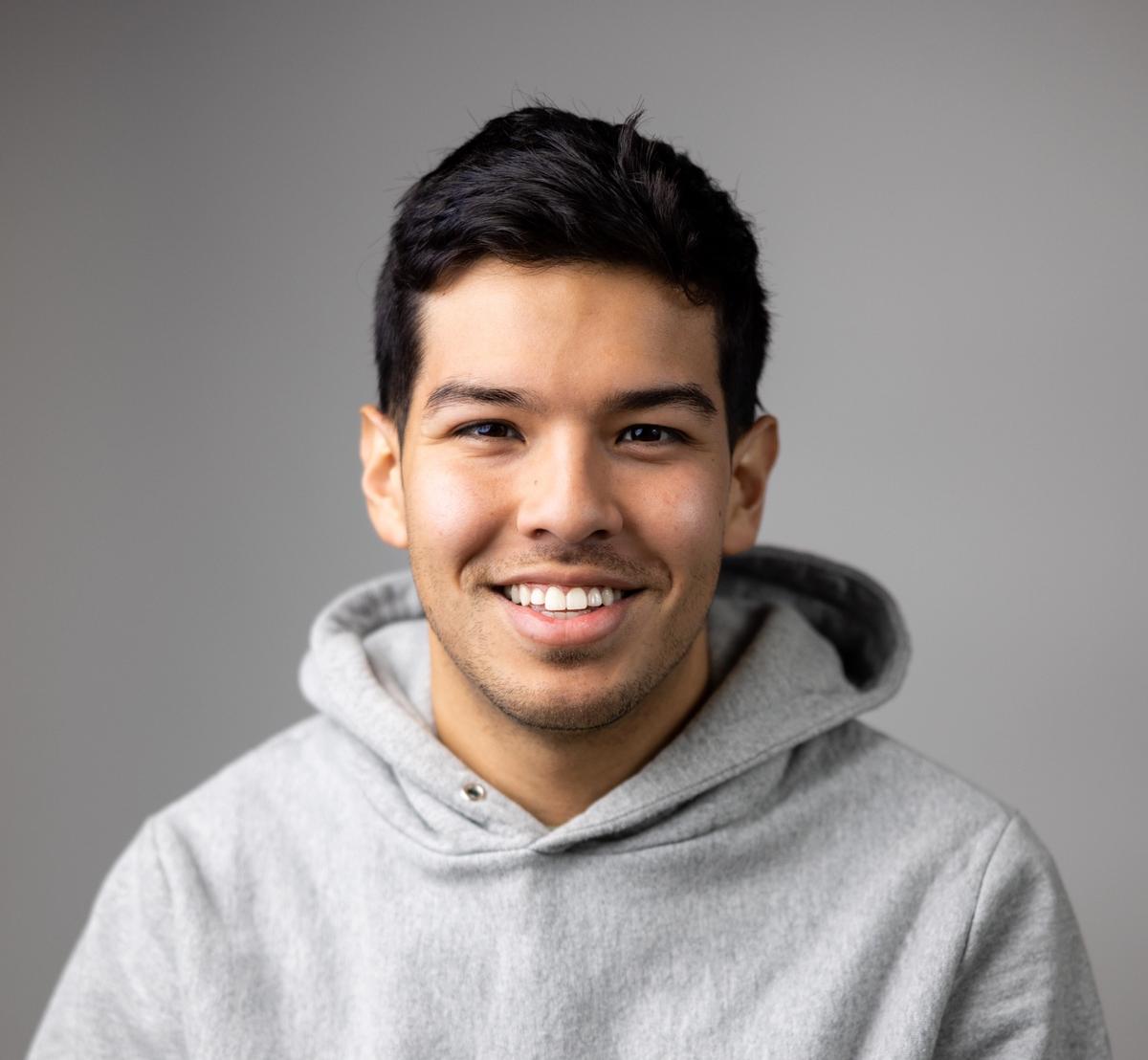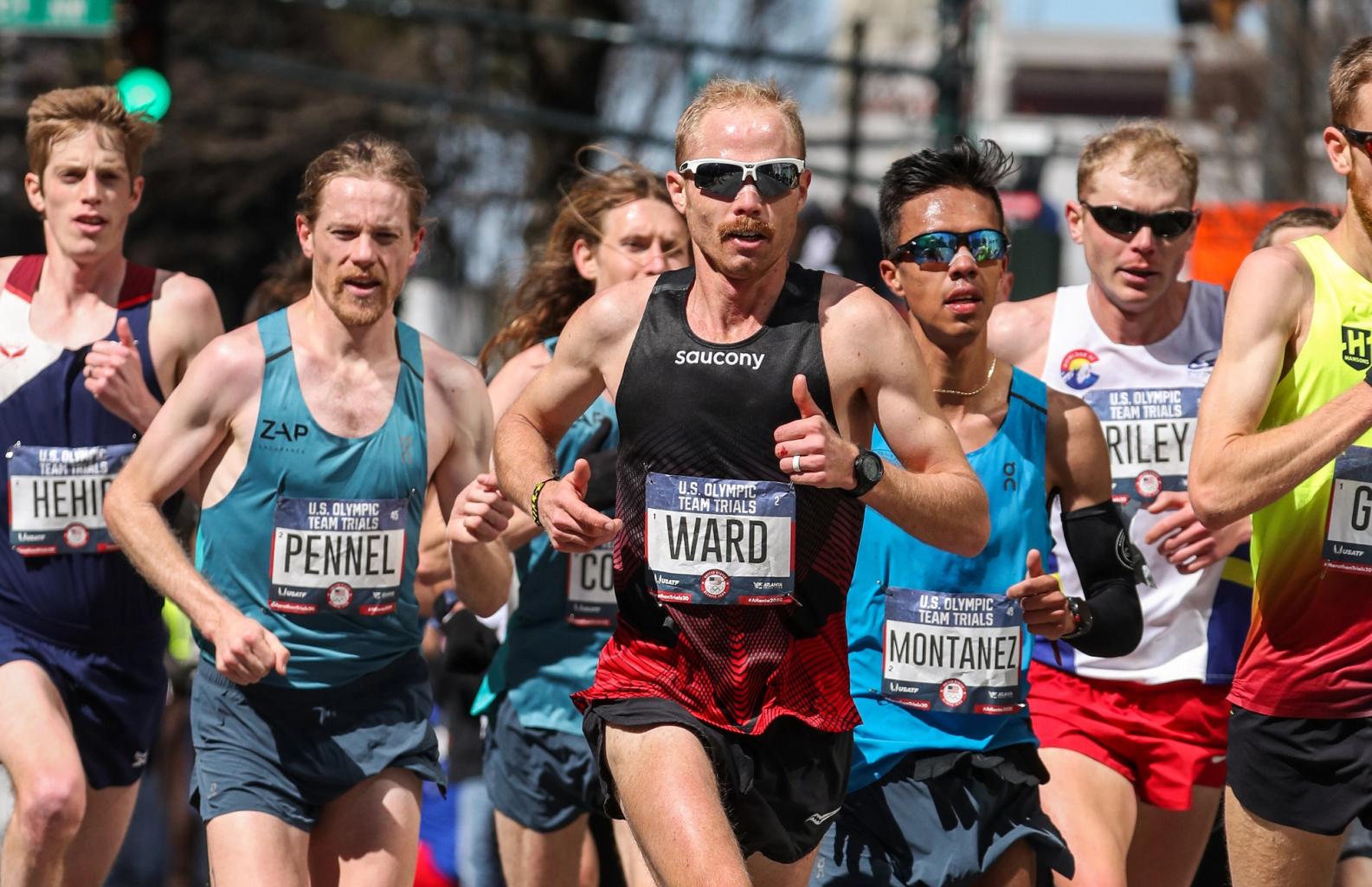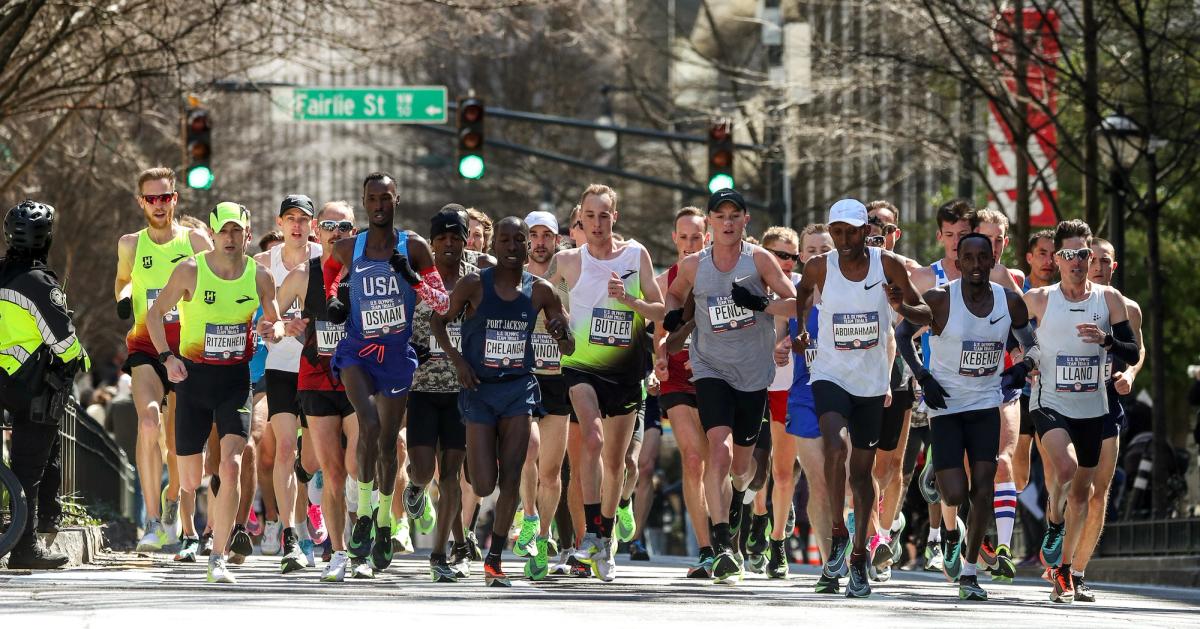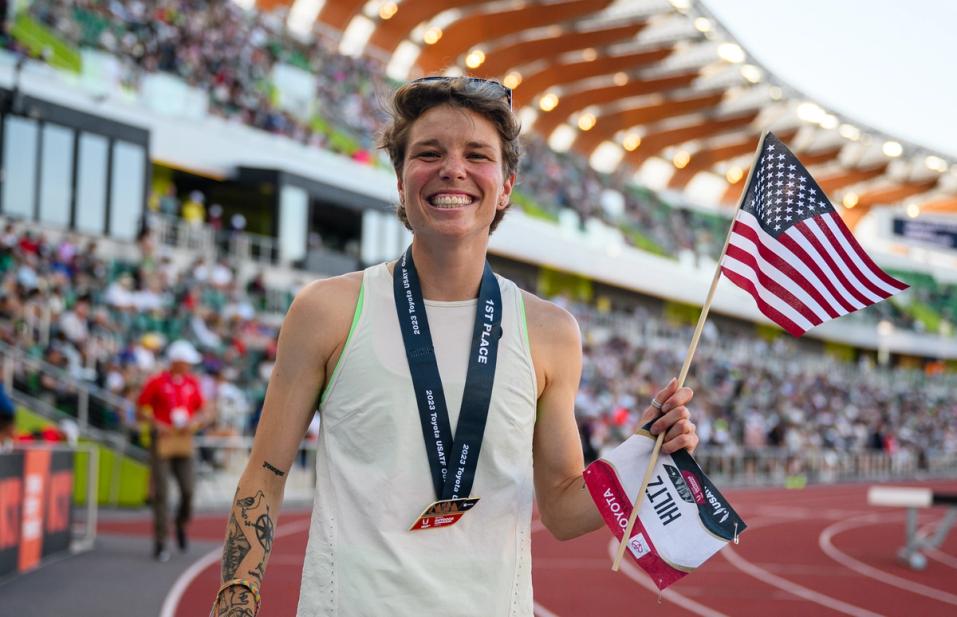By Chris Chavez
October 11, 2023
Several top American marathoners will meet with USA Track and Field CEO Max Siegel to voice their concerns with the 2024 U.S. Olympic Marathon Trials’ start time of noon (ET) on February 3.
Here’s what you need to know:
– In August, USATF announced the course and start time for the marathon trials. The men’s race will start at 12:10 p.m. The women’s race will start at 12:20 p.m. The race will be televised live on NBC.
– As noted by Kyle Merber in The Lap Count newsletter: “Orlando is a warm place, even in February. Looking at the temperatures at 2 pm from the past seven years, the average is 72º. That’s not great! …There is a very real chance it could sneak into the low 80ºs, which of course would be dangerous. It’s also not unprecedented. Think back to 2012 in Boston, 2007 in Chicago, the 2019 World Championships in Doha, or the Beijing Olympics. At the 2016 Olympic Trials Marathon, the temperatures topped out at 73 degrees and there was some serious carnage on the roads with 75% of women finishing the race and only 64% of men.”
– A letter was written by former U.S. half marathon record holder Sara Hall, 2016 Olympian Colleen Quigley and USATF Athletes Advisory Committee long distance representatives Jared Ward and Emma Grace Hurley.
– The letter expressed concern for the “increased risk to athletes' health prompted by a noon start time.” The athletes would like to see more favorable conditions that could lend themselves to fast times for Olympic qualifying marks.
– The letter was signed by “nearly 100 qualified athletes” and 94% of them wanted their names on it.
– “Max is open to these types of conversations with athletes,” Jared Ward said in a press release. “We’re going to need him to step in here to make this happen. It’s important.”
– The meeting is scheduled for Thursday, Oct. 12 via Zoom.
You can read the letter in its entirety below:
September 15, 2023
Dear USATF,
We, a group of dedicated athletes, write to express our collective concerns regarding the scheduled noon start time of the 2024 Olympic Marathon Trials in Orlando on February 3, 2024. This past February, there was not a single day with a recorded high temperature lower than 70 degrees, and all had high humidity. The average high temperatures in February of 2021 and 2022 were in the 75 degree range. In 2023, the average daily high temperature was 78 degrees with many days in reaching the high 80’s. The race location and planned start time nearly assures perilously hot and humid weather and conditions with full sun exposure; conditions the likes under which elite marathoning racing is never contested. We understand the current start time is being dictated by the television broadcast, and while we recognize the importance of our sport reaching the widest possible television audience, the safety and integrity of our sport must come first.
We have outlined our concerns and proposed solutions paths to safely showcase this great event below.
I. Conditions for a noon start time are unsafe.
Dr. William Roberts, Chief Medical Officer for the American College of Sports Medicine and highly regarded worldwide expert on running medicine, agrees a noon start is dangerous:
“Start times near sunrise are safest for runners and improve performance at the marathon distance, especially in humid environments. The proposed noon start will force the runners to compete in peak sun and require runners to train for about three months in the worst case conditions for the most important race of their careers. As a marathon road race medical director with over 40 years of experience, I (William O Roberts MD, MS) have seen the effects of heat on runners. Runners who experience heat stroke can have long term consequences, including kidney and liver failure, that can affect their racing for several months and some may never return to their pre heat stroke performances. You, the race organizers, could get lucky and have a record cool day, or more likely you will see the results of bad decision making that does not incorporate what we have learned about heat stress, heat safety, and runner outcomes. A sunrise start will also allow the heat accumulated in the pavement the previous day to dissipate overnight and improve the safety profile of the race. An honorable exit for you is to change the start time to sunrise for the sake of runner safety.”
Based on the weather conditions last February, extreme heat stress is not just possible, it is almost assured. Even the most optimistically projected scenario will still be hotter than the 2016 Olympic Trials in Los Angeles, where only 64% of the men's field and 75% of the women's field made it to the finish line. Shalane Flanagan, one of the most celebrated and, most accomplished American female marathoners of all time, collapsed at the finish, taking months to recover. As you may remember, the start time in Los Angeles was 10:00am and the had temperatures were in the 70s with low humidity. The "real feel" heat stress experienced by the marathoners on the road during that race was much hotter than the conditions would suggest and athletes suffered greatly. The conditions in Orlando will very likely be not only hotter, but have a significantly higher “real feel” with the higher humidity and the higher sun angle (from the later start and lower latitude than Los Angeles). The heat stress science and historical weather data projects this Orlando race to be a wildly unsafe race as currently scheduled. Other than the few US marathoners who competed in Doha 2019, none of us have ever run a marathon in these conditions. It should further be noted that Doha 2019 started the race at midnight, making every scheduling effort to minimize the effects of heat. Why would we run our most important marathon under conditions no one has previously experienced and that we will not see in Paris 2024?
We have an opportunity to learn from the past: both the 2016 Marathon Trials in LA and 2021 Olympic Trials in Eugene. In both cases we saw athletes requiring hospital care; one such case even resulting in a lawsuit against USATF, for negligence and failing to factor in the deleterious effects of heat exposure. Heat stroke can have long lasting effects, and we are not willing to sacrifice our health and safety for the sake of a noon start for a television broadcast.
II. We currently have no men* qualified for the Olympic Games.
If Team USA wants to send a full roster of men to the Olympic Games in the marathon- the purpose of the Trials- then it also needs to set these athletes up for success in Orlando. It is no secret that, as of this moment, our men need to be able to achieve time standards that will earn them eligibility to compete at Paris 2024. The flat and fast course in Orlando has been trumpeted as a win for the athletes towards this end, however a fast pace in severely hot and humid conditions don’t just put these men at increased risk of exertional heat illness, but make achieving the time standard more unlikely. Having an early start time helps give the men an opportunity to hit the Olympic Standard.
*As of 10/8/2023, 2 US men have hit the Olympic standard, guaranteeing the US will be allocated 2 spots in Paris. We would like to earn one more. Note further that less than 20 men have run 2:11:30 – a substandard to be eligible for Olympic selection.
III. We care about the integrity of this event.
Our country is unique in the importance we place behind our Olympic Trials and as such we, the Athletes, care deeply about the integrity of the event. An additional component of all the most recent Marathon Trials includes finding conditions and courses, when possible, similar to those which Athletes will experience at the Games. Paris 2024 will have a start time of 8 am. Last year at that time it was 55 degrees. Budapest, while warm and humid, also started at 8 am. Tokyo Olympic marathon moved their start time from 7 am to 6 am for the sake of the health, safety, and performance of the athletes. All of these events had similar stakeholders as our upcoming Trials, yet the organizers chose to prioritize athlete safety and performance.
IV. New viewers will watch the event at noon even if it is tape delayed
We suggest streaming the event live on Peacock at an early start time and playing a tape delayed broadcast at noon. This will allow for even more viewers and replay on Peacock. The diehard running fans will get up early to watch it live. New viewers will watch the race at noon even if it is not live and viewership will rise.
We are requesting a start time of preferably 6:00 AM, but no later than 7:00 AM, not a contingency plan based on the hottest allowable weather, to allow for a safe race and the a better chance for our men to qualify for Paris 2024. Note that we aren’t seeking a tolerable threshold, but the best possible conditions- which in Orlando will still likely be challenging. We appreciate your support and consideration in this matter. Please respond in a timely manner. Safety and a fair playing field are important to us. Out of respect to our governing body, we appeal to you in advance of other efforts to seek resolution. As athletes are already beginning training cycles for this race, we need to move quickly.
Sincerely,
Jared Ward Jwardy21@gmail.com Men’s Road Racing & Cross Country AAC Representative
Emma Grace Hurley Emma.hurley2016@gmail.com Women’s Road Racing & Cross Country AAC Representative
Ryan Hall, current American record holder in the marathon, Deena Kastor, former American record holder in the marathon, and 84 other athletes qualified.

Chris Chavez
Chris Chavez launched CITIUS MAG in 2016 as a passion project while working full-time for Sports Illustrated. He covered the 2016 Olympics in Rio de Janeiro and grew his humble blog into a multi-pronged media company. He completed all six World Marathon Majors and on Feb. 15th, 2025 finally broke five minutes for the mile.



